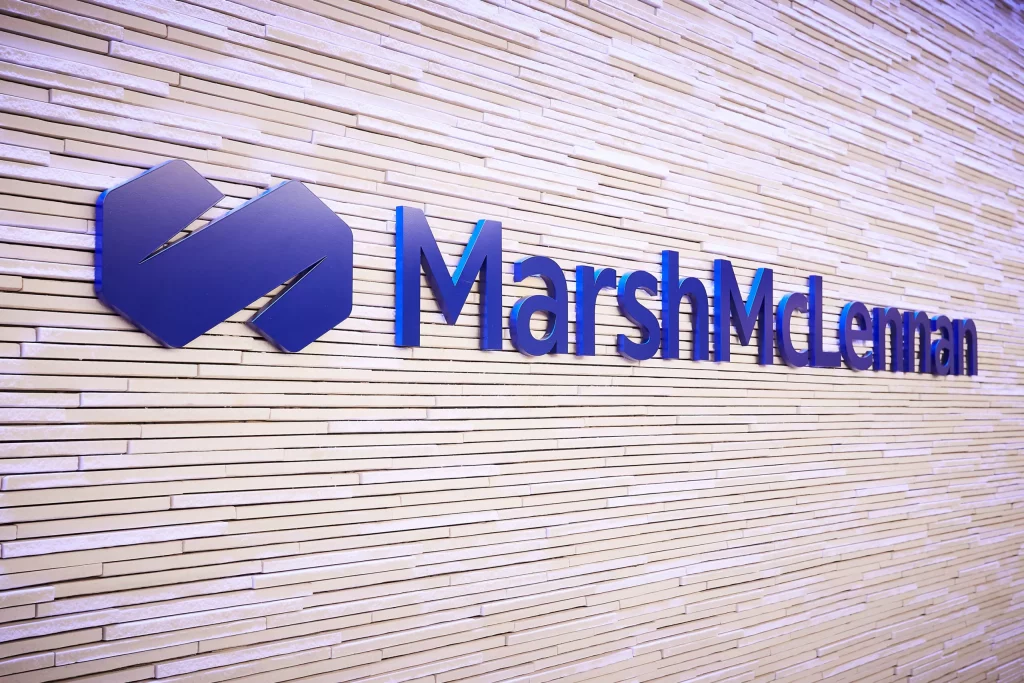Marsh Clients Can Now Pay Fees Using Carbon Credits and Renewable Energy Certificates

- First-of-its-kind payment option in the financial services industry
- Shows how investing in strong ESG frameworks can result in tangible benefits
- “The insurance industry has a central role to play in enabling firms to achieve the climate goals set at COP26.”
Marsh, the world’s leading insurance broker and risk advisor, announced that US clients now have the option to pay their Marsh service fees in voluntary carbon offset credits and renewable energy certificates (RECs). The move — believed to be a first-of-its-kind in the financial services industry — is part of Marsh’s commitment to help accelerate the energy transition from fossil fuels to renewables and to recognize clients pursuing and exceeding net zero carbon emission goals.
Under the payment program, US Marsh clients can opt to pay for US insurance broking or risk advisory services by transferring agreed upon voluntary carbon offset credits and RECs to leading banking institution Bank of America, which has extensive experience with carbon markets, via a registry account. After receiving the credits and certificates, Bank of America will send the proceeds to Marsh.
“The insurance industry has a central role to play in enabling firms to achieve the climate goals set at COP26,” said Pat Donnelly, President, US and Canada, Marsh. “Marsh’s new carbon credit payment program demonstrates how investing in strong ESG frameworks can result in tangible benefits and complements other Marsh initiatives such as our ESG Risk Rating tool, which enables organizations to measure their environmental, social, and governance (ESG) performance. Being able to pay for Marsh’s services and solutions with these credits and certificates is a benefit for our clients seeking to preserve cash and provides another incentive to invest in carbon removal and avoidance projects.”
See related article: Marsh launches world’s first insurance for green and blue hydrogen projects

Paul Murray, a Senior Vice President in Marsh’s financial and professional liability (FINPRO) Practice, which developed the program, added: “Many companies currently make use of voluntary carbon offset credits and RECs as a part of their overall sustainability goals. With the recent passage of President Biden’s Inflation Reduction Act of 2022, which includes a number of incentives to spur the expansion of clean energy, we expect the use of credits and RECs to increase significantly.”
Voluntary carbon offset credits are records of investments organizations make in environmental projects and infrastructure that either remove carbon dioxide (CO2) or avoid the emission of CO2. Each offset represents the successful, verified removal or avoidance of one ton of CO2.
RECs are records of renewable electricity generation and are issued to organizations when one megawatt-hour (MWh) of electricity is generated and delivered to the electricity grid from a renewable energy resource.
Source: Marsh












